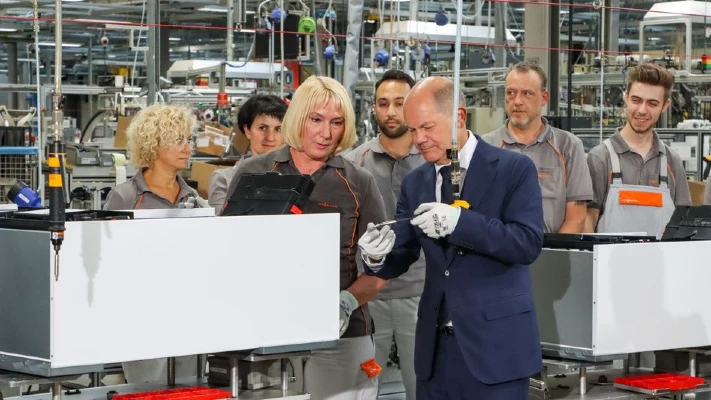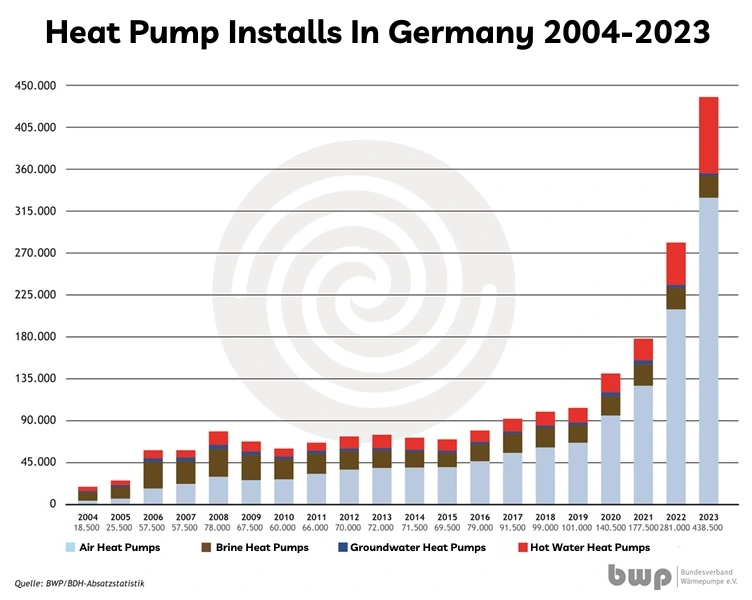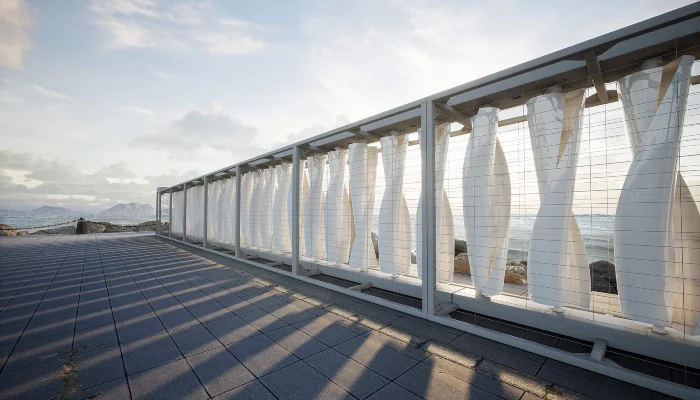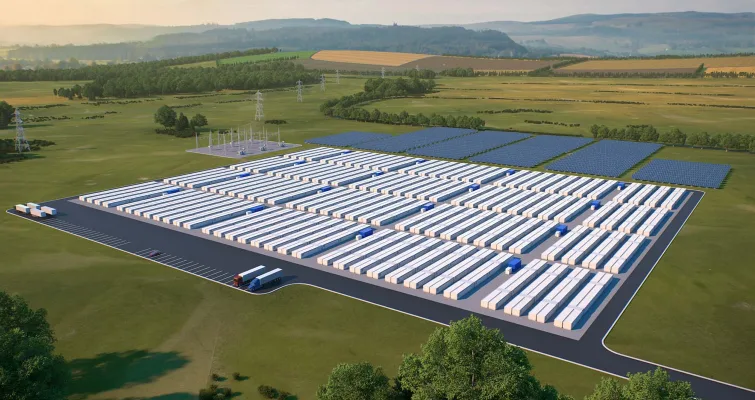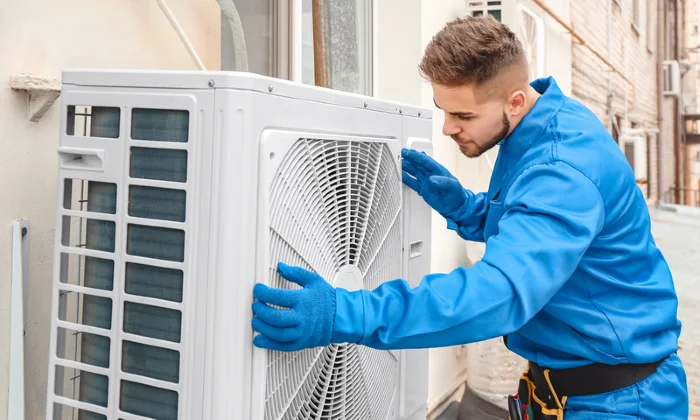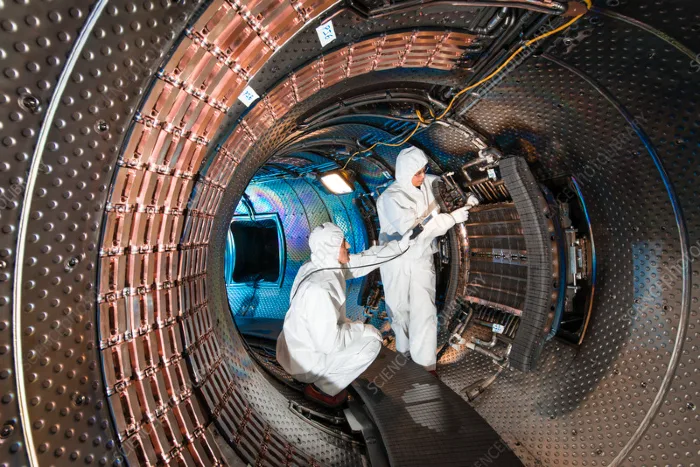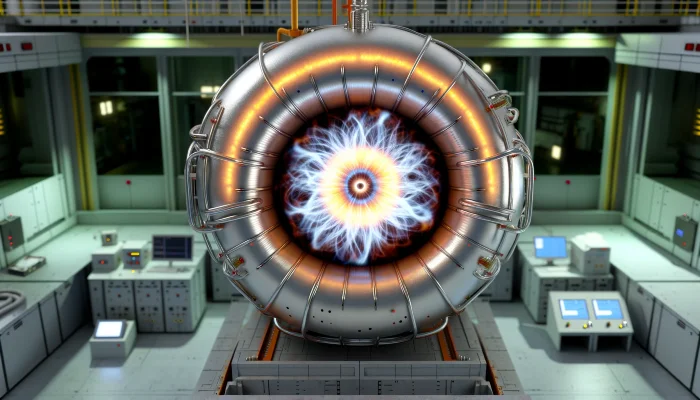In the heart of Europe, amidst the bustling cities and serene countrysides of Germany, a quiet revolution in sustainable heating is gaining momentum, one we’ve written about a few times recently.
2023 marks a remarkable surge in the adoption of heat pumps, a technology at the forefront of eco-friendly heating solutions. Germany recorded an astounding 356,000 heat pump installations, showcasing the country’s commitment to a greener future.
Soaring Sales: More Than Just Numbers
The Bundesverband Wärmepumpe (BWP), Germany’s heat pump association, unveiled these impressive figures, revealing a significant 50% increase in sales for the second consecutive year. This jump from 236,000 units in 2022 to 356,000 in 2023 signals a growing awareness and preference for environmentally friendly heating alternatives.
Claus Fest, CEO of BWP, emphasized the importance of this trend: “This year must not be a wasted year for the heating transition,” he stated. His words reflect the urgency of addressing climate change and the critical role of sustainable technology in this fight. The industry’s growth in the first half of 2023 was remarkable, despite challenges posed by debates around the Buildings Energy Act and anxieties over new funding frameworks that temporarily slowed market momentum.

Industry’s Preparedness and Future Goals
The heat pump industry in Germany hasn’t just been riding the wave of increasing demand; it’s been actively preparing for it. Investments in production expansion and training capacity over recent years have laid a solid foundation for this uptick in sales. According to Fest, the climate policy goal of deploying 6 million heat pumps by 2030 isn’t just a dream—it’s a tangible target.
However, the road ahead isn’t without its bumps. BWP Managing Director Martin Sabel shared some sobering insights: “The trend in sales has been declining since June 2023. The most recent slump in December 2023 is particularly alarming.” He highlights the need for improved general conditions and active political intervention to avoid stagnation or decline in sales in 2024.
The Role of Energy Pricing
A key component in the journey towards widespread heat pump adoption is energy pricing. The BWP points out that heat pumps already offer significant CO2 savings, shielding consumers from escalating CO2 prices for fossil fuels. The attractiveness of heat pumps increases when the price ratio of gas to electricity is favorable.
Yet, Sabel notes a glaring inconsistency: “It is incomprehensible that heat pump electricity still has twice the taxes, levies and levies as natural gas.” He calls for political action to level the playing field, ensuring fair competition conditions where fossil energy is no longer favored.
More To Discover
- Vietnam’s Floating Bamboo House: A Lifeline Against Rising Seas
- Mark Zuckerberg Criticized for Luxury Cattle Ranch (Cows Enjoy Macadamia Nuts and Beer) in Hawaii, Raising Environmental and Social Concerns
- Researchers Craft Sustainable Bioplastic Pellets From Eggshells to Replace Plastic
- Wood Dust Solution Traps up to 99.9% of Microplastics in Water, A Potential Game-Changer Against Pollution
Germany’s Green Heating Revolution
As Germany moves boldly forward in its heating transition, the rise in heat pump installations is more than just a statistic. It represents a collective shift towards sustainable living, a commitment to reducing carbon footprints, and a beacon of hope in the global fight against climate change. The story unfolding in Germany could inspire nations worldwide, proving that with the right mix of technology, policy, and public support, a greener future is within reach.







